Prioritizing playing like an advanced board game rather than a history simulator, Civilization has always been light on historical accuracy. Usually, most civilizations in the Civilization games only have enough space for a few tropes, some of which may be greatly embellished. However, Civilization 7 is the most accurate and in-depth Civilization launched.
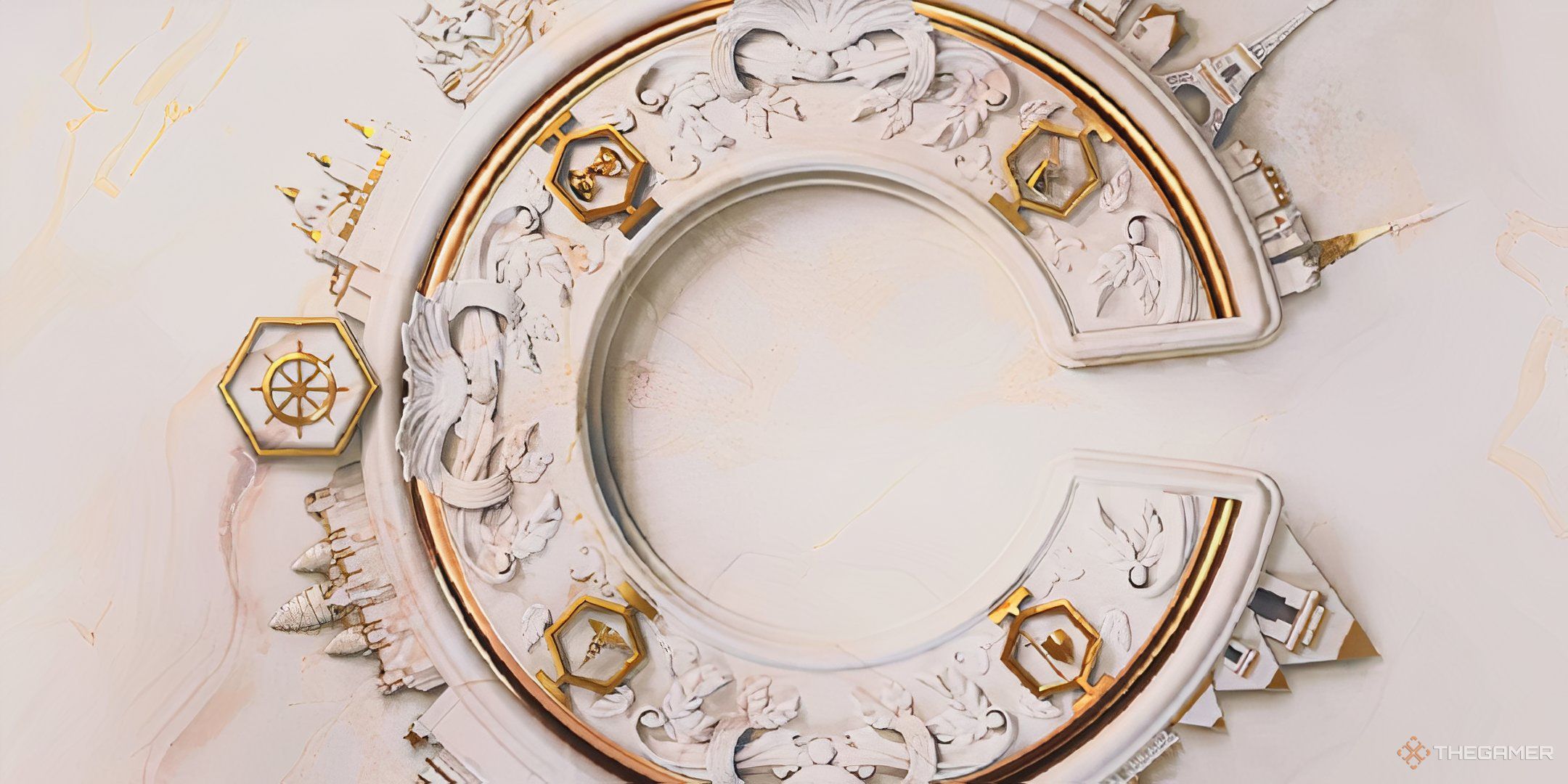
Related
Civilization 6 Vs. Civilization 7: Which Game Is Better?
Is Civilization 7 an improvement over its predecessor?
Thanks to unique abilities, civics, civilians, military units, and more, civilizations have more ways to differ from each other and borrow elements from their deep histories. Although leaders are no longer exclusive to their respective civilizations, their abilities can still represent the original civilization to which they are historically tied as well.
10
Siamese
|
Playstyle |
Diplomatic |
|---|---|
|
Unique Ability |
Itsaraphab |
|
Unique Wonder |
Doi Suthep |
The kingdom that occupied modern-day Thailand and Laos was politically adept at colonizing its neighboring states. Siam either had direct vassals or tribute states that helped maintain its wealth and was politically savvy enough to often avoid colonization by the many Western powers that had invaded Asia.
The Siamese Itsaraphap ability and its unique wonder, Doi Suthep, reflect Siam’s historical ability to acquire influence from city-states while also generating wealth from them. The more city-states the Siamese become Suzerain of, the more culture and gold they collect, mirroring how prosperous Siam was.
9
Han
|
Playstyle |
Scientific |
|---|---|
|
Unique Ability |
Nine Provinces |
|
Unique Wonder |
Weiyang Palace |
The Han dynasty was long-lasting, especially when considering its variants, such as the Eastern and Western Han. One consistent factor was its large population, which is represented here through the Nine Provinces ability, allowing Capitals and Towns to grow faster than those of other civilizations.
Other aspects of the Han dynasty covered include its political influence over smaller kingdoms and tribes, reflected in the inclusion of the Weiyang Palace as its wonder. Many of its Shi Dafu civilian units generate science, symbolizing the dynasty’s advancements in engineering and medicine. Unfortunately, there are no great Han leaders featured, as Confucius was from the Zhou dynasty.
8
Prussian
|
Playstyle |
Militaristic |
|---|---|
|
Unique Ability |
Blood and Iron |
|
Unique Wonder |
Brandenburg Gate |
It wouldn’t be far off to label the Prussians as a war-obsessed civilization in real life. During the ninteenth century, Prussia was involved in wars with nearly every European power, often multiple times. It was also hostile toward its Germanic neighbors, a factor that helped it become the central state when Germany eventually unified as a nation. Blood and Iron grants combat strength for every enemy the Prussian civilization makes, creating a fun way to reward players for roleplaying as Prussia.
The only issue with Prussia’s adaptation is that it is one of the few civilizations with only military unique units and no civic ones. This gives the impression that the Prussians were incapable of cultural, intellectual, or diplomatic achievements, which is far from the truth.
7
Abbasid
|
Playstyle |
Scientific |
|---|---|
|
Unique Ability |
Medina |
|
Unique Wonder |
House of Wisdom |
Most people associate the Middle East with commerce due to its dominance in oil and its modern transition into entertainment and hospitality. However, the region was once a center of scientific and intellectual achievement. The Abbasid dynasty’s House of Wisdom highlights this rich history of universities and libraries. It generates a minimum of +3 Science along with Relic entries, making it one of the best science-focused civilizations.
Ibn Battuta, the Abbasid civilization’s historic leader, was arguably the most traveled person of his era. He journeyed across Asia, Europe, Africa, and as far west as modern Spain. His abilities allow your civilization to explore more easily and collect economic power, Ibn Battuta can collect trade maps that reveal what other leaders have discovered.
6
Incan
|
Playstyle |
Economic |
|---|---|
|
Unique Ability |
Apus |
|
Unique Wonder |
Matchu Pikchu |
Playing off the Inca’s incredible ability to farm in the highlands of the Andes, they excel at producing food on tiles that would normally be inefficient to work. The Incan ability, Apus, not only provides food on Mountain tiles but also grants production, turning otherwise unworkable terrain into economic hubs.
Even rough tiles can be significantly improved with the Terrace Farm unique improvement. The Terrace Farm, along with the Incan wonder Machu Picchu, are among the most aesthetically pleasing aspects of Incan civilization that have been well preserved into the modern era, both of which are accurately represented in Civilization 7.
5
Spanish
|
Playstyle |
Militaristic |
|---|---|
|
Unique Ability |
Siglo de Oro |
|
Unique Wonder |
El Escorial |
One of the most interesting features of the Spanish civilization in Civilization 7 is its many Conquistador units. You will randomly generate a famous (or infamous) Conquistador like Cortés, Magellan, or Columbus, each with abilities that reflect their historical impact. For instance, Cortés can generate military power in distant lands, while Columbus can discover the New World.
The historical leader of Spain is Isabella, who grants a significant amount of gold every time you discover a Natural Wonder and provides a discount on purchasing naval units. This aligns well with Spain’s pursuit of exploration during the Age of Discovery.
4
American
|
Playstyle |
Economic |
|---|---|
|
Unique Ability |
Frontier Expansion |
|
Unique Wonder |
Statue of Liberty |
A civilization that emerged in modern times, America in Civilization 7 emphasizes the expansionist and economic focus the United States had decades before becoming a military and entertainment power. America has a unique unit called the Prospector, which can claim undeclared territory while also improving it immediately. Its wonder, the Statue of Liberty, spawns four migrant workers, highlighting the crucial role of immigration in America’s growth.
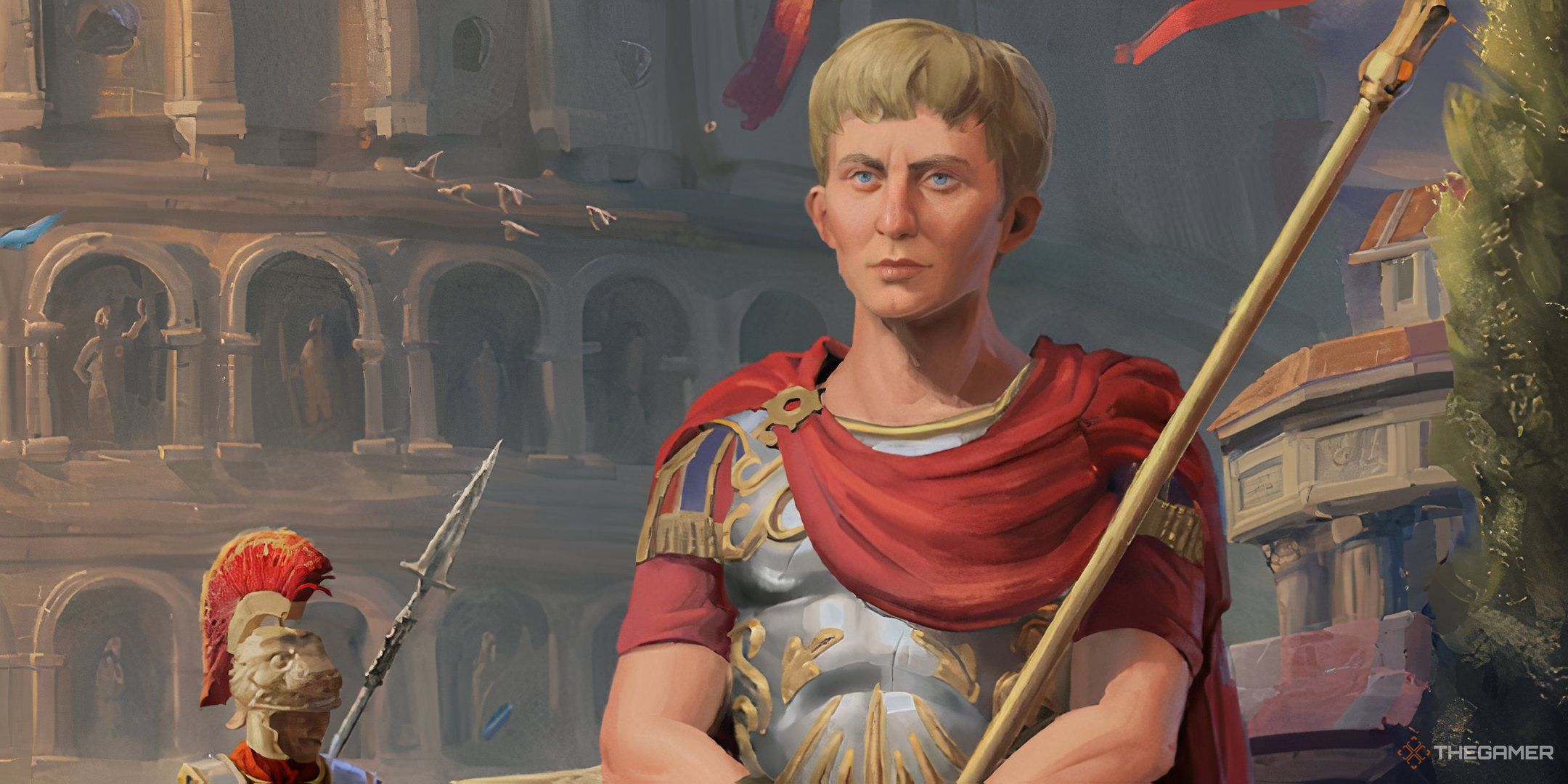
Related
Civilization 7 Vs. Humankind: Which Game Is Better?
Does Humankind claim the 4X crown, or is Civilization still on top?
Although this version of America isn’t entirely war-focused, it does feature an accurate military unit. The Marine can attack from land to water without penalty and can embark and disembark seamlessly, reflecting the capabilities of this renowned military branch.
3
Qing
|
Playstyle |
Economic |
|---|---|
|
Unique Ability |
Kang Qian Shengshi |
|
Unique Wonder |
Chengde Mountain Resort |
The last dynasty in China is often remembered in the West for being defeated and exploited by European and Japanese powers. Civilization 7 represents this by imposing a decrease in Science for the Qing when importing goods, reflecting how the dynasty stagnated in development, infrastructure, and technology.
However, for a significant period, the Qing dynasty was rich in goods and, before European exploitation, often held more leverage in trade negotiations than its partners. While the Qing’s ability comes with a Science drawback, it provides a steady amount of Gold, Influence, and Culture. Chengde Mountain Resort boosts Qing’s Culture for every trade route it establishes, reinforcing its historical self-perception as the center of the world.
2
Russian Empire
|
Playstyle |
Cultural |
|---|---|
|
Unique Ability |
Prosveshchenie |
|
Unique Wonder |
Hermitage |
Often perceived as lagging behind other European powers in technology and sophistication, the Russian Empire frequently sacrificed its rural populations to develop grander, more robust cities. While not always appreciated at the time, in hindsight, its major cities grew into cultural centers, producing brilliant works of literature, dance, and scientific advancements. The Prosveshchenie ability boosts the Culture and Science of urban districts.
The Russian Empire’s defining characteristic was its stark contrasts. Its unique civic, Serfdom, represents the rural population that was often subjected to exploitation. In Civilization 7, Serfdom increases production at the cost of urban growth, reflecting this historical dynamic.
1
French Empire
|
Playstyle |
Diplomatic |
|---|---|
|
Unique Ability |
Liberté, Egalité, Fraternité |
|
Unique Wonder |
Eiffel Tower |
The turbulent era of the French Empire, which spanned the French Revolution and numerous government changes, is well represented in Civilization 7. The French Empire’s ability to choose a specific celebration effect when adopting a new government is a strong reflection of this period.
Further emphasizing the revolutionary theme, the French Empire’s unique civilian unit is the Jacobin. In real life, the Jacobins contributed to a chaotic and transformative time. When you create a Jacobin, you receive a randomly selected unique Jacobin, including notable figures like Georges Danton and Maximilien Robespierre, who can unlock the “Reign of Terror.”
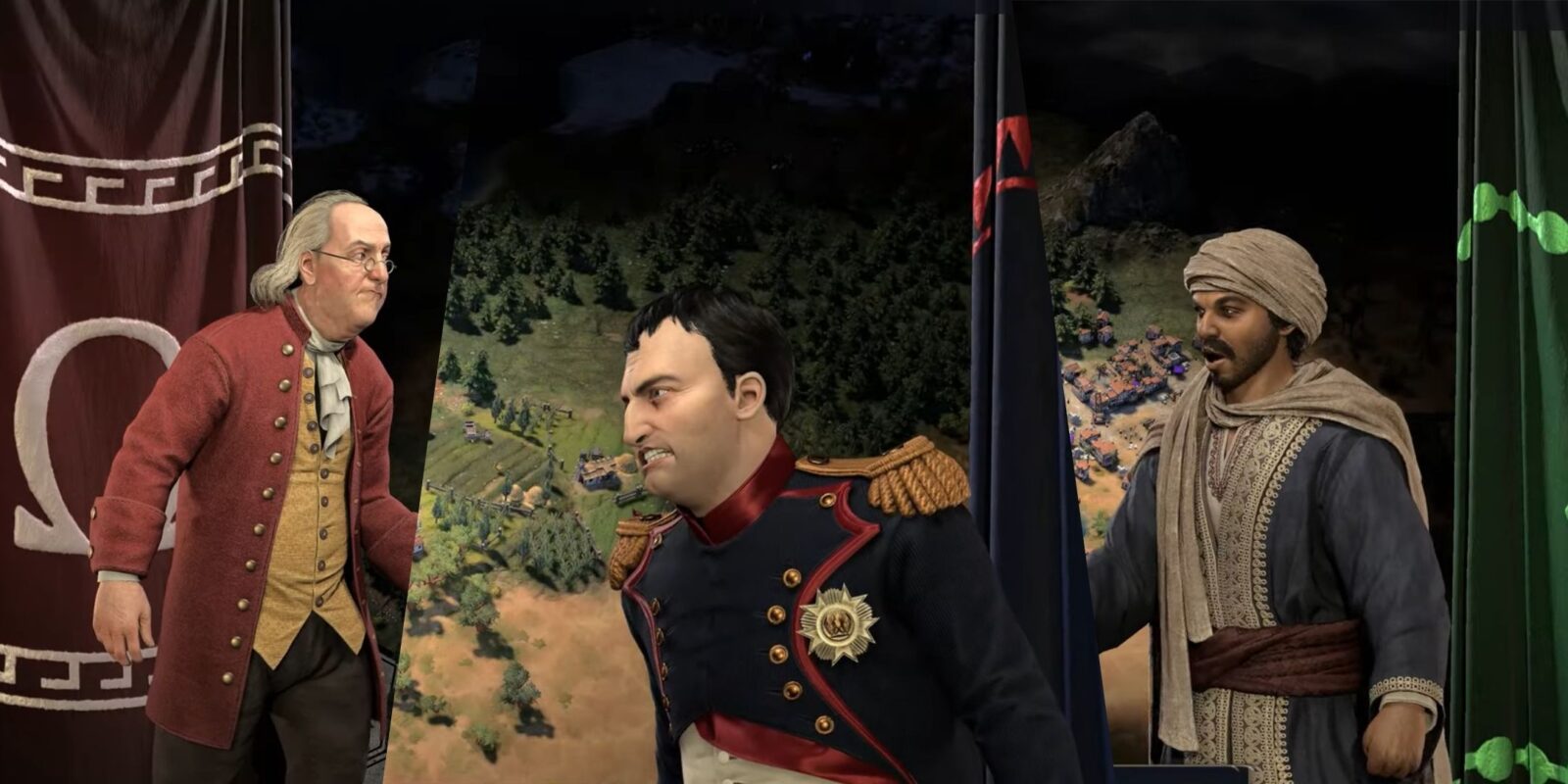

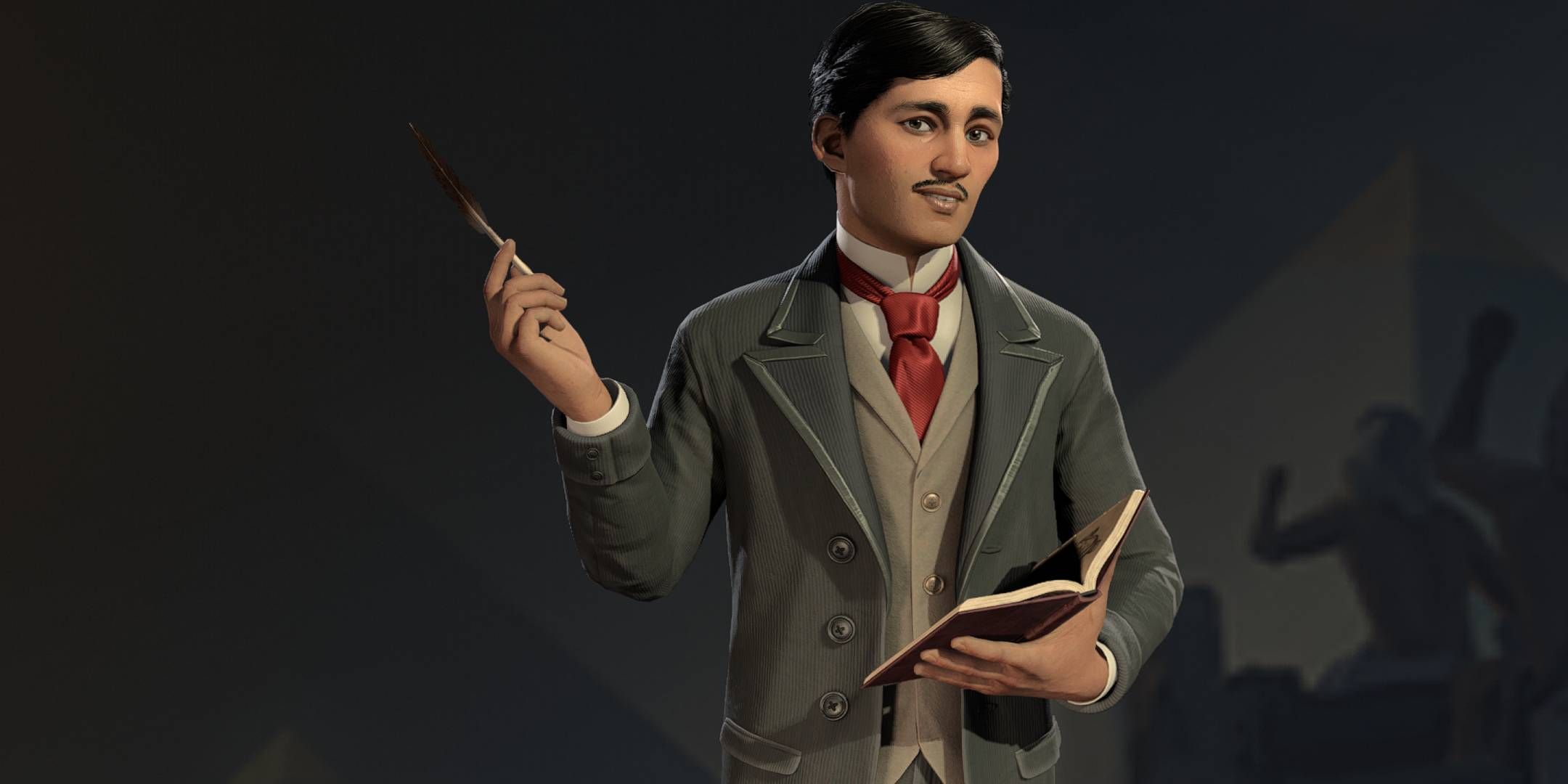
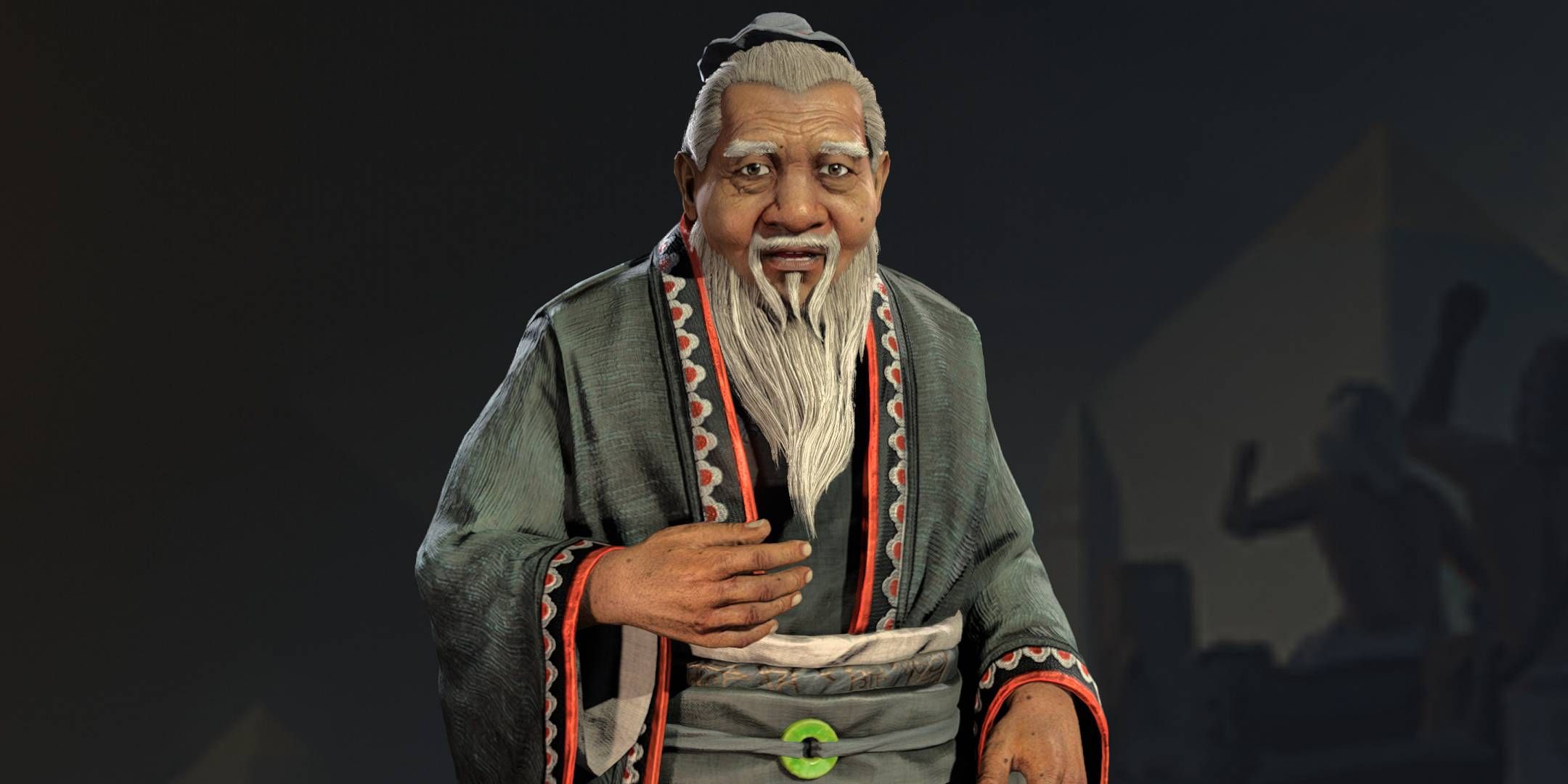
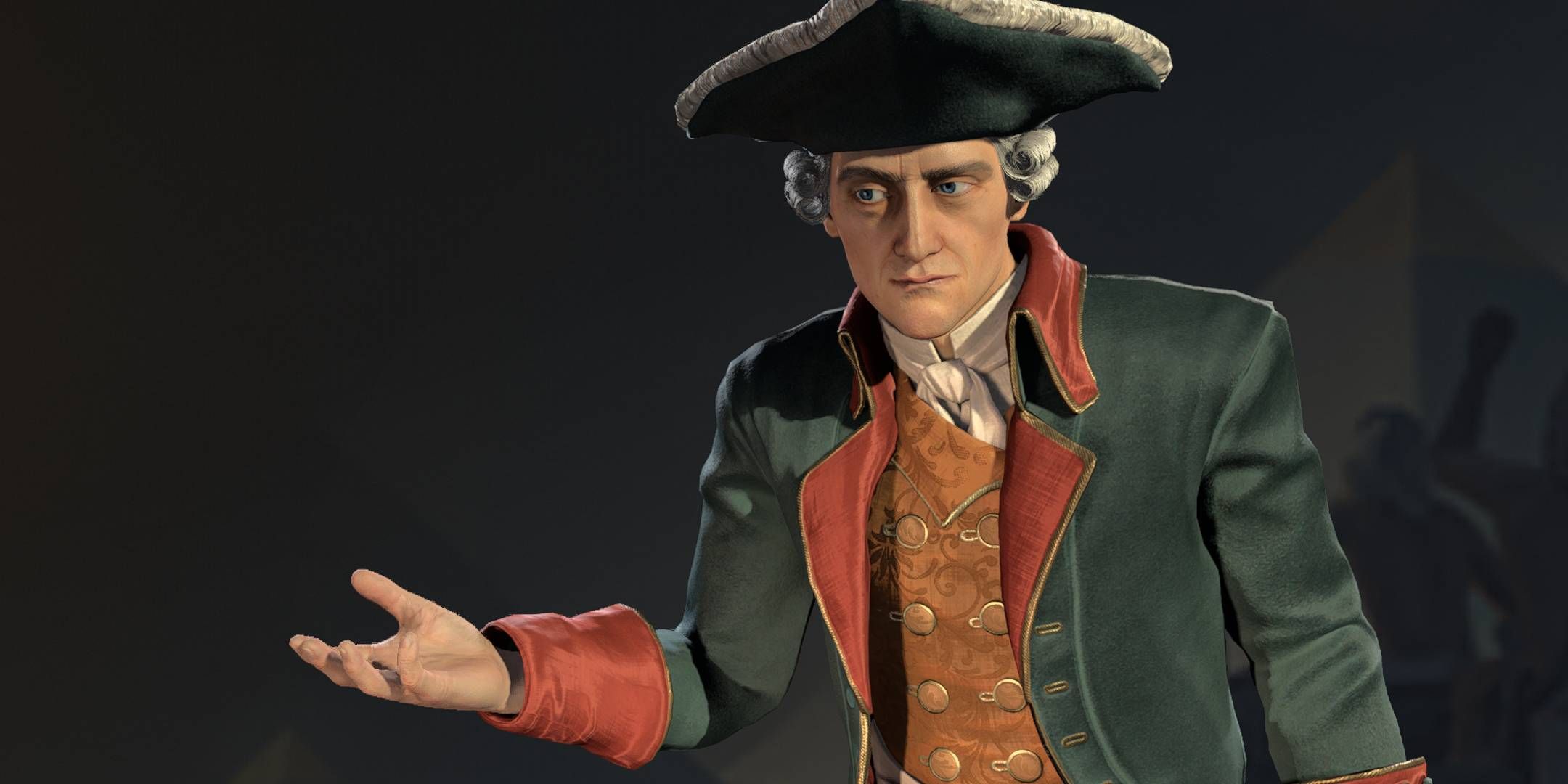
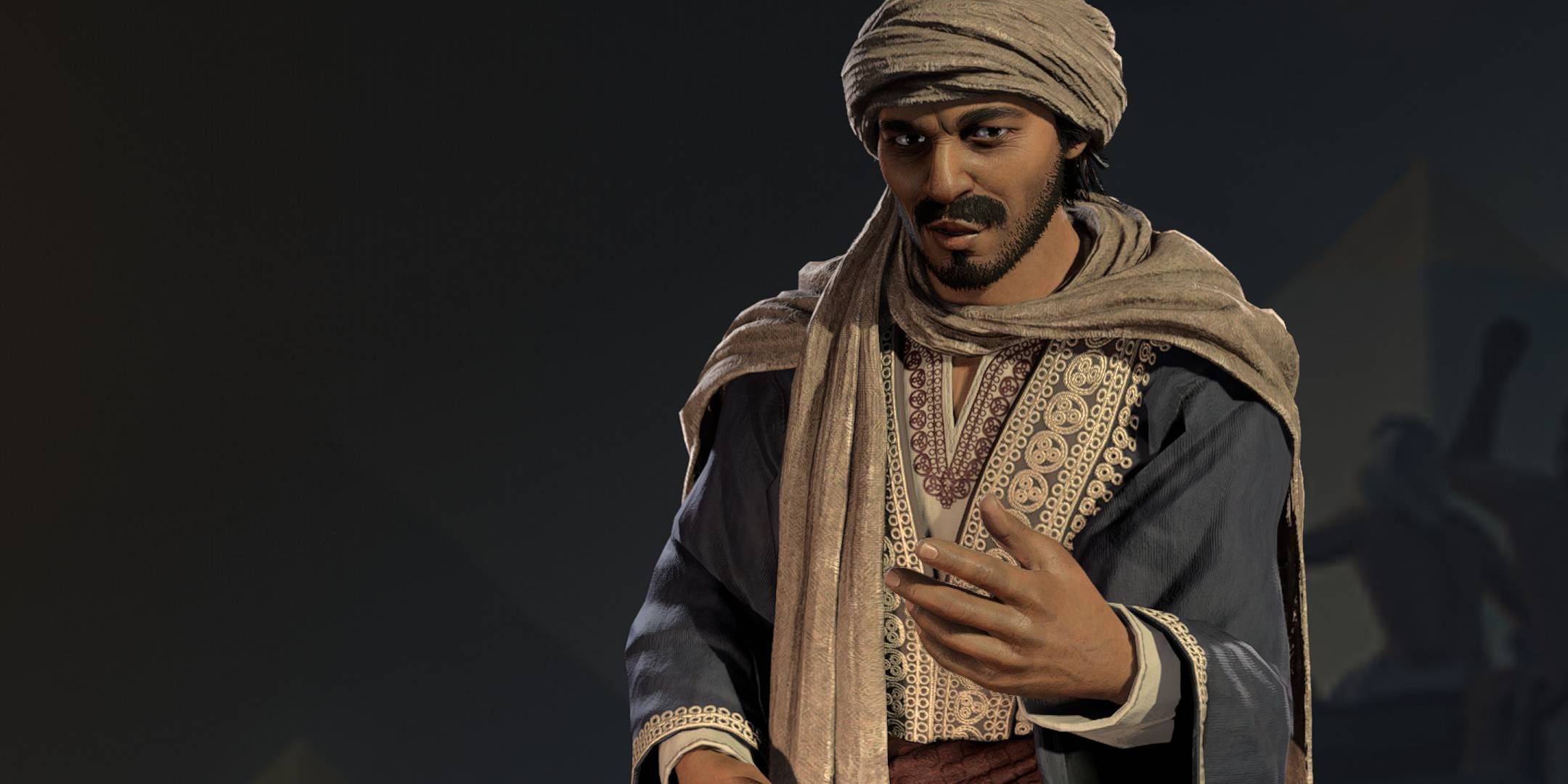
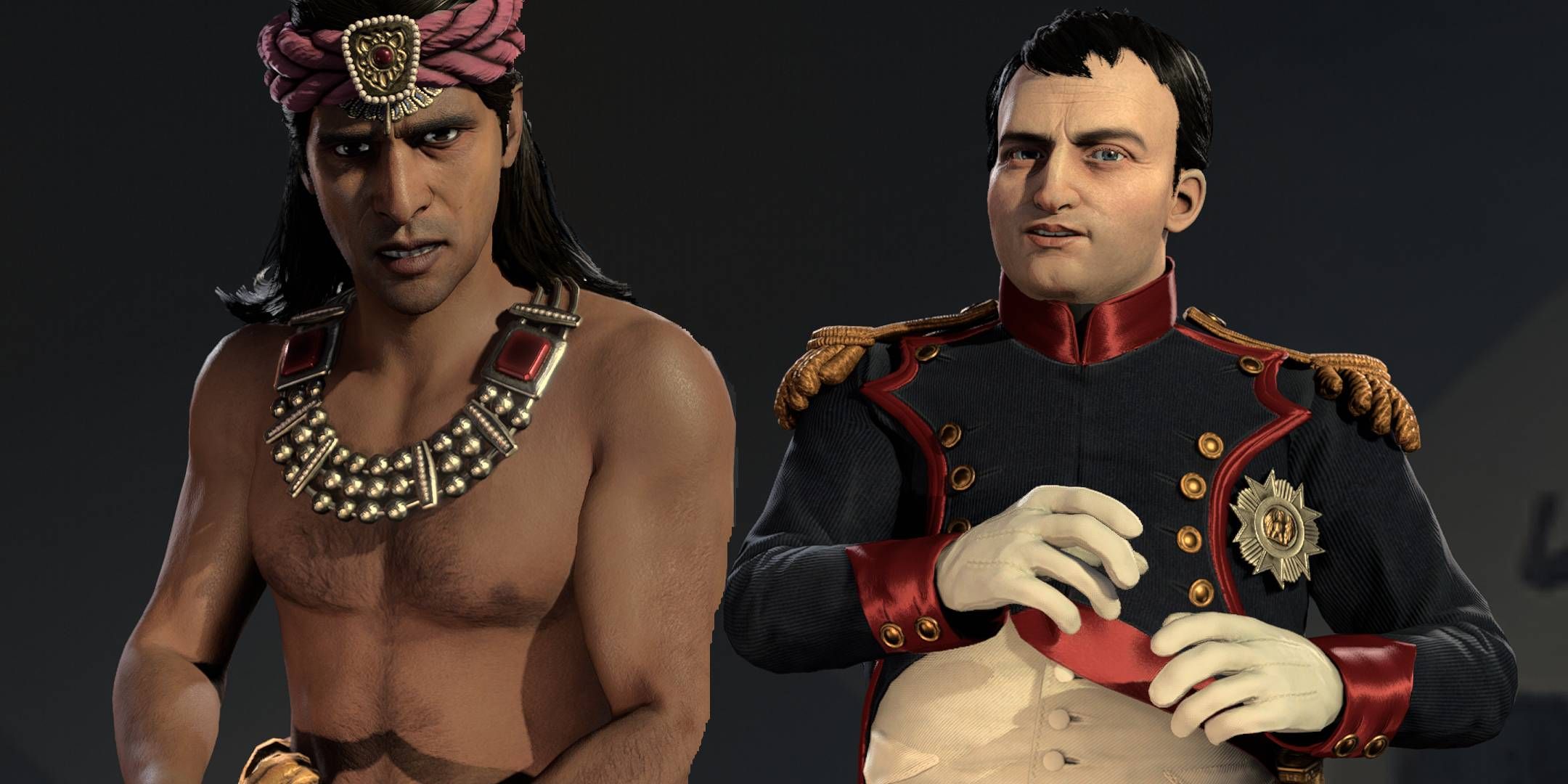
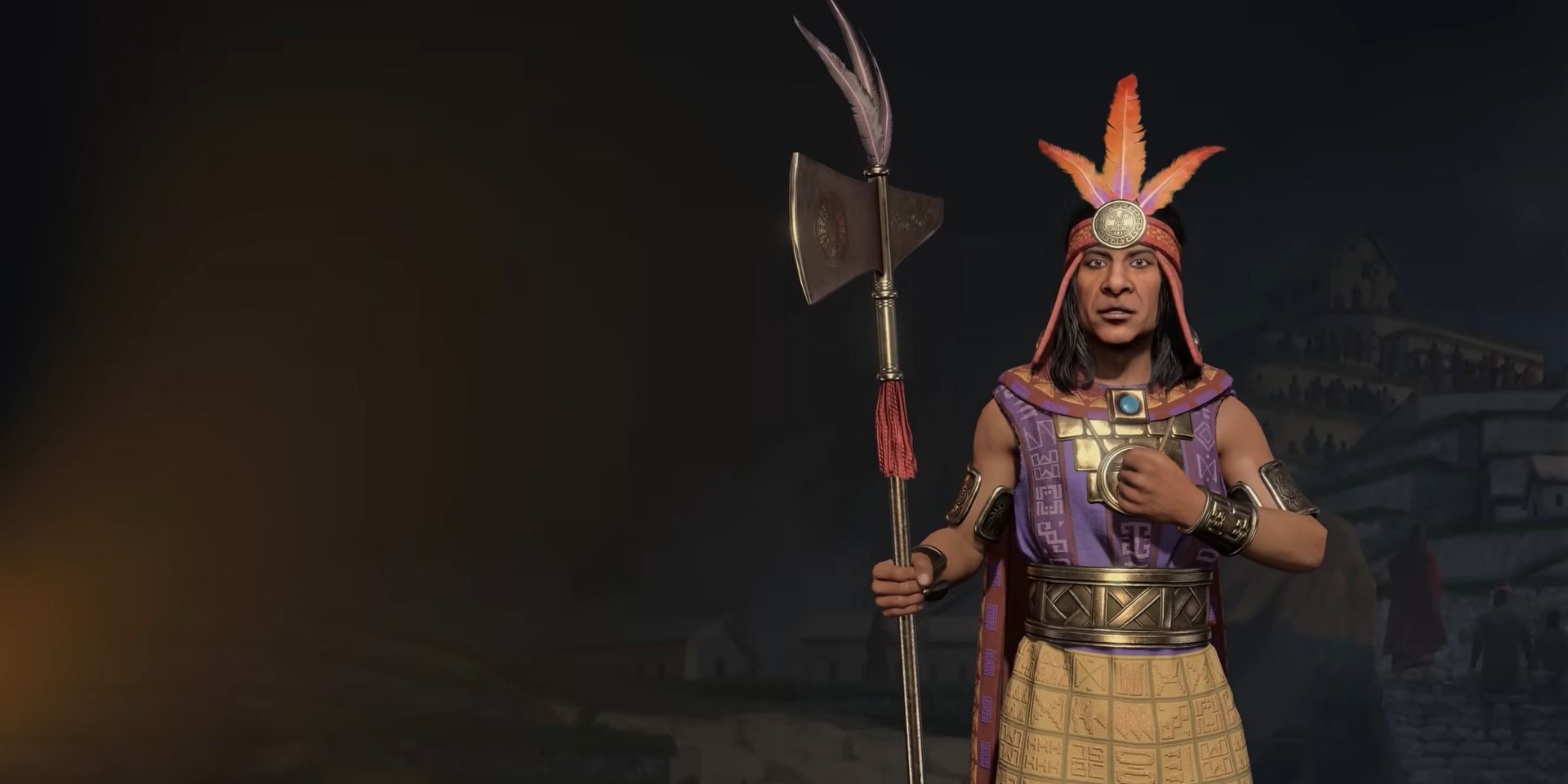
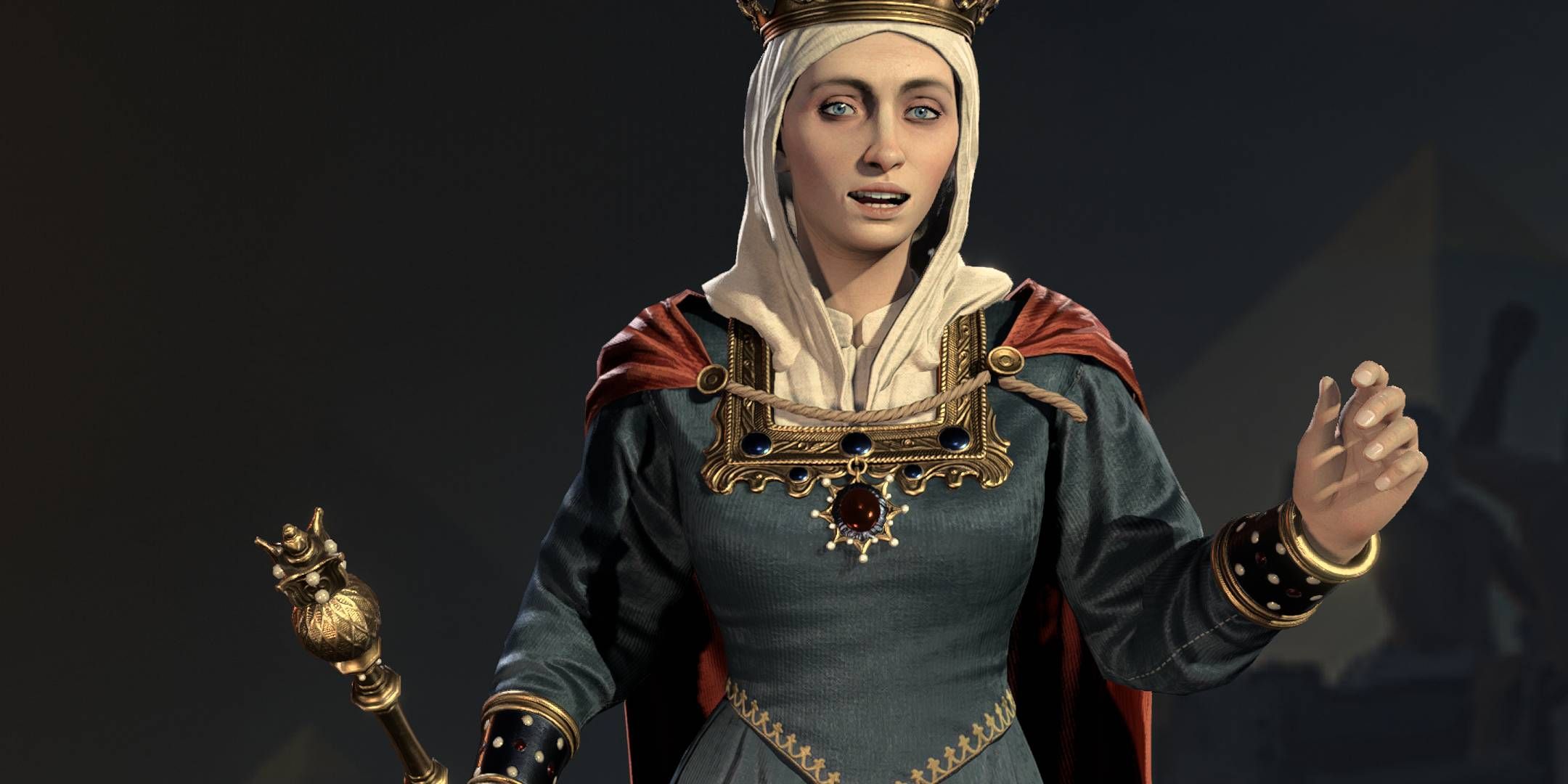
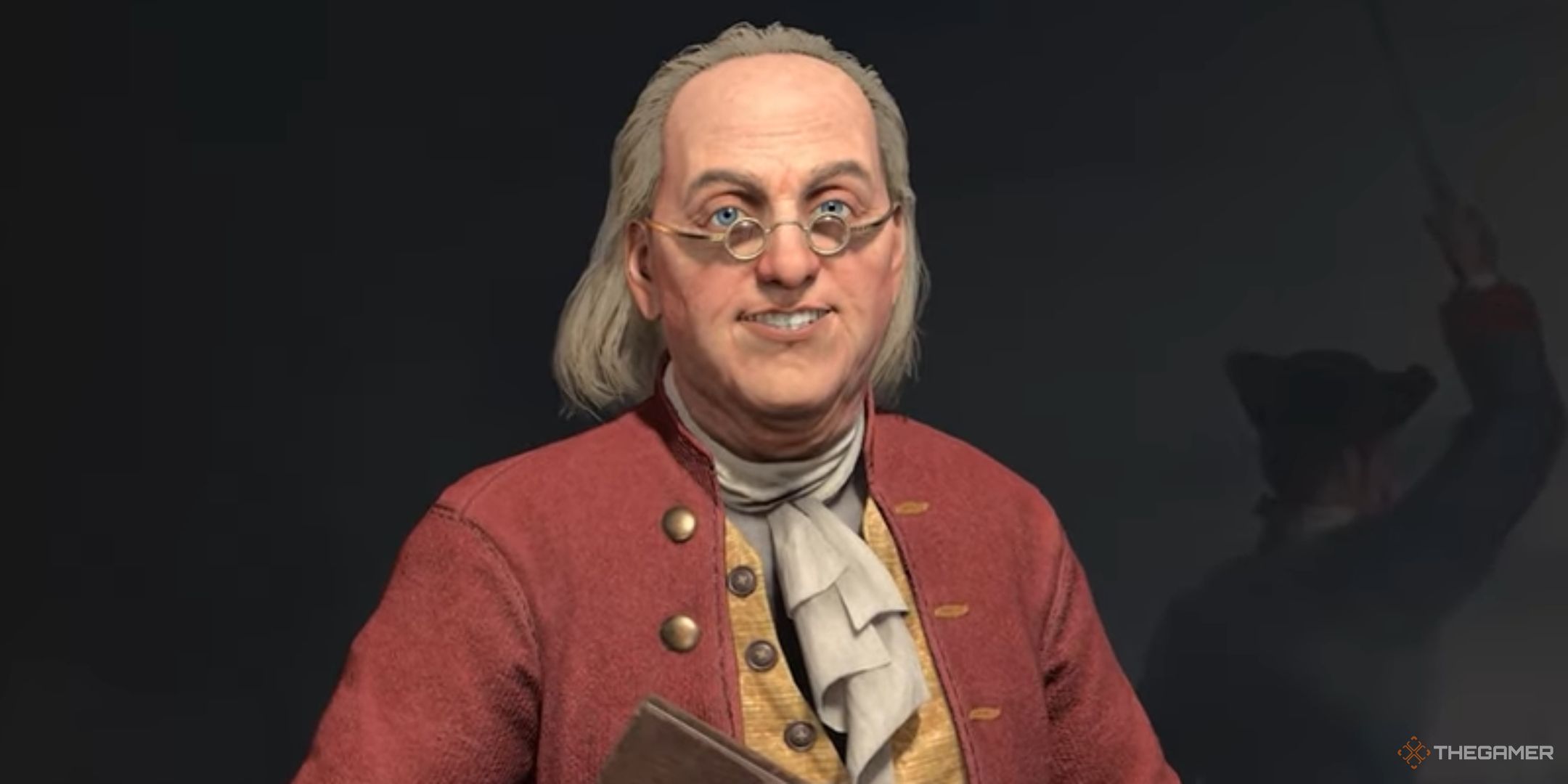
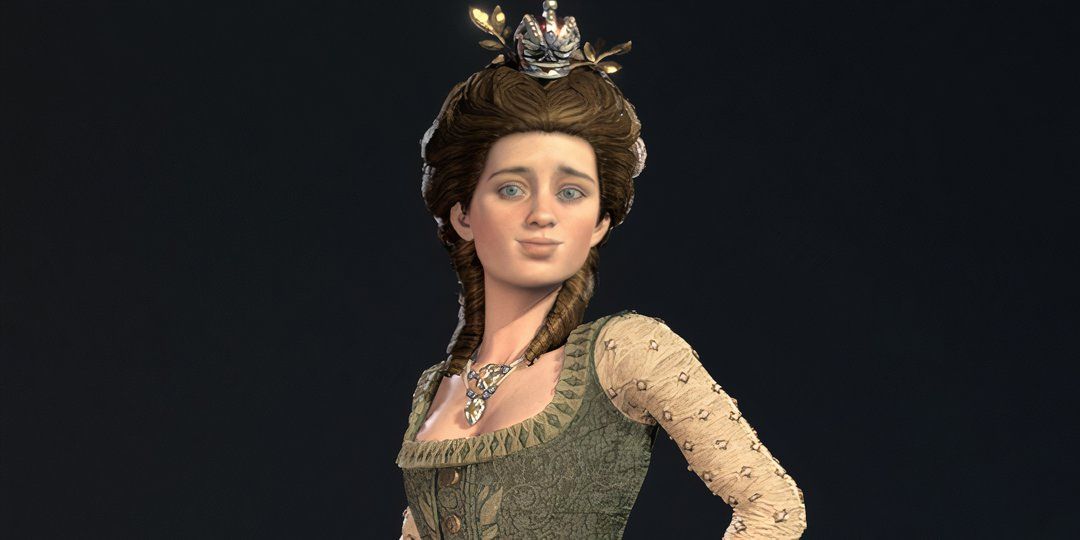
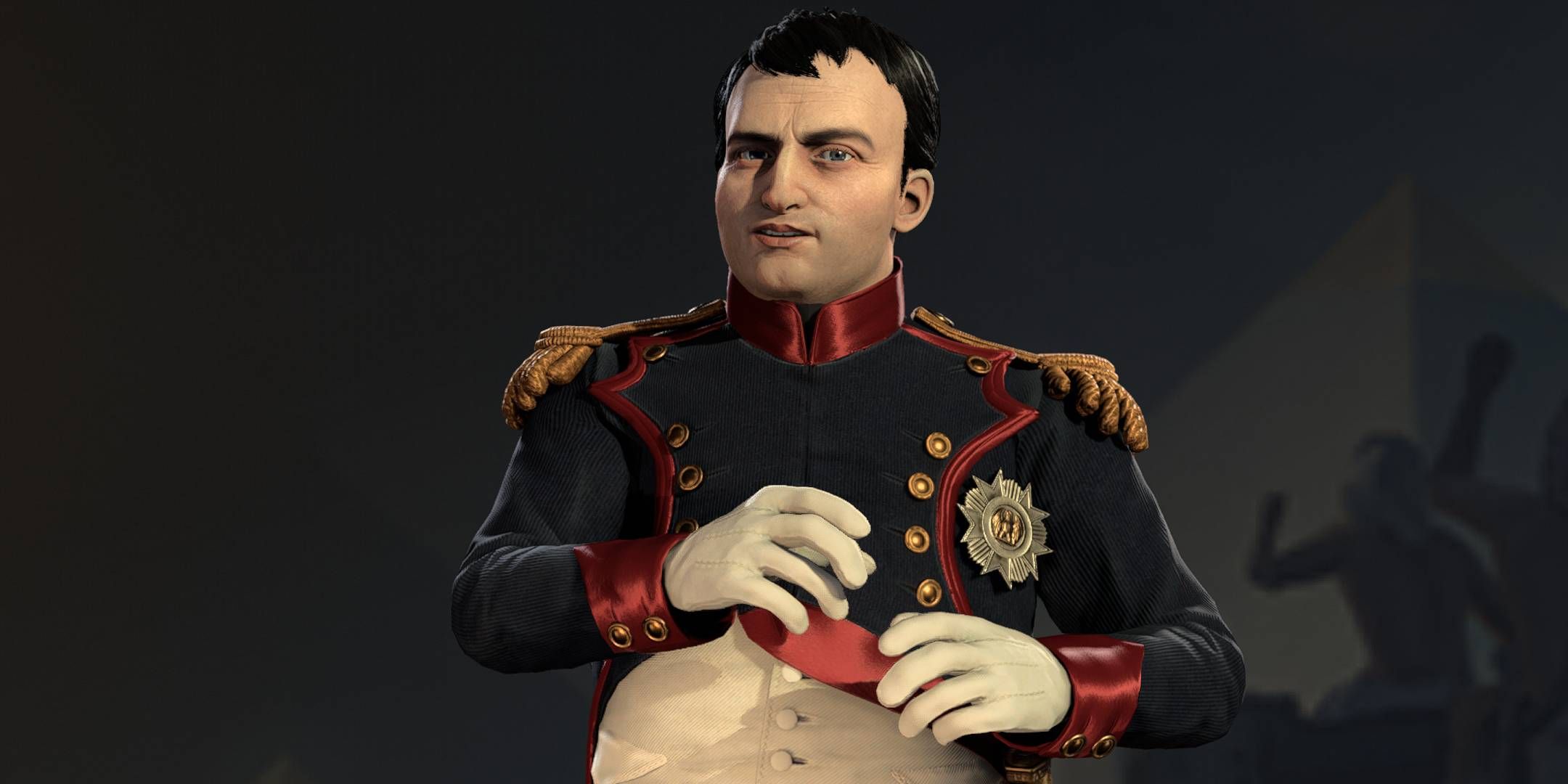
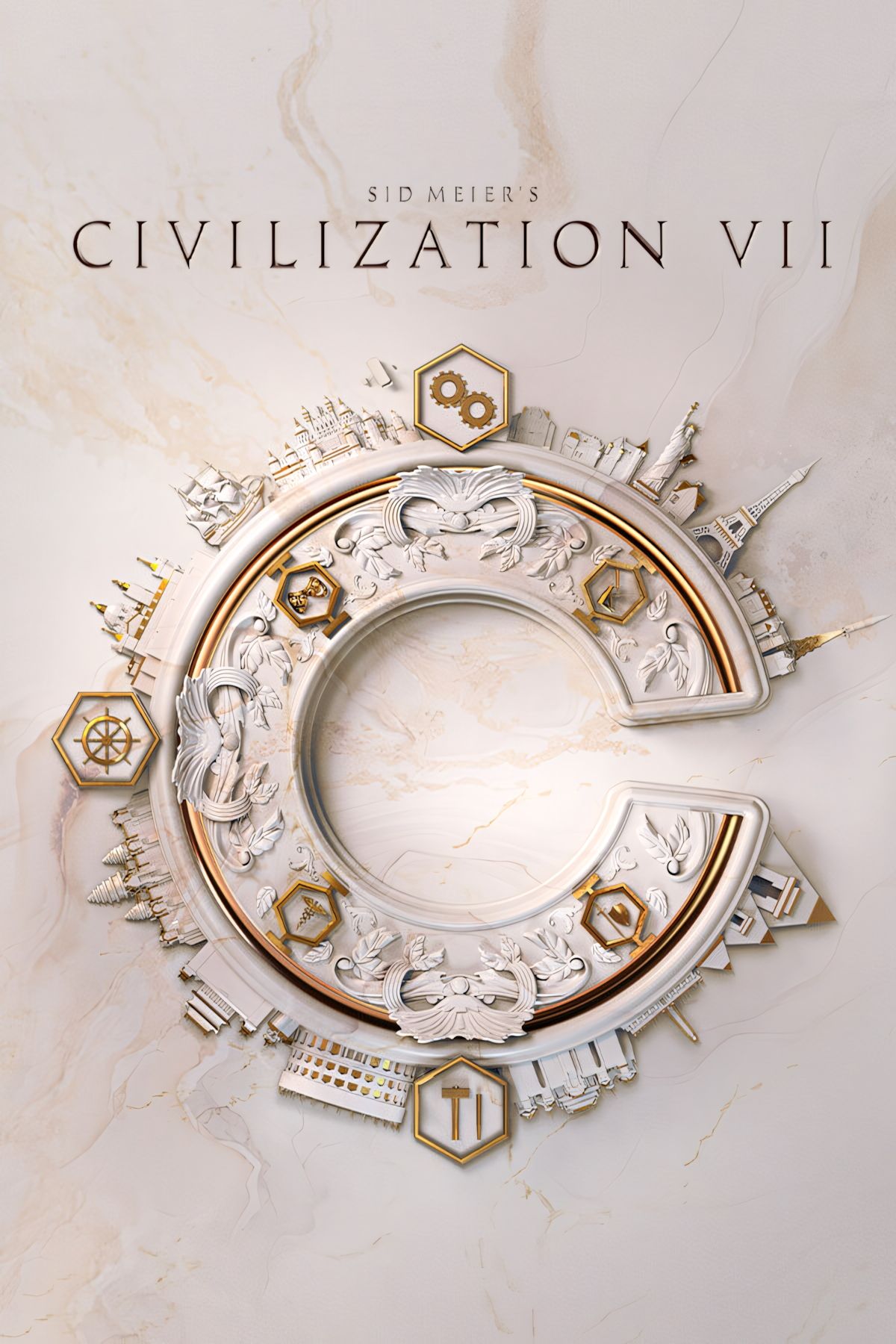






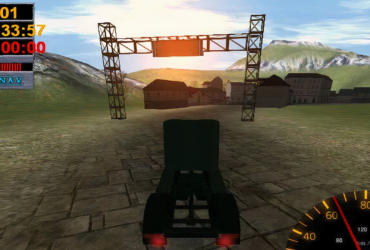
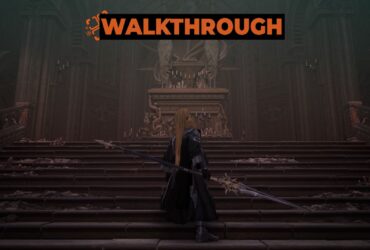


Leave a Reply